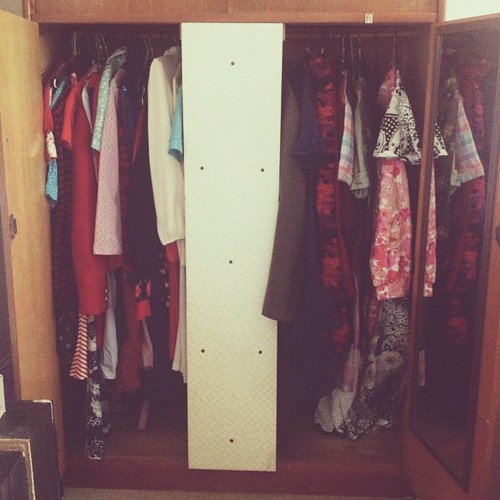Fashion is a language that transcends borders, and in recent years, the vibrant lexicon of African-inspired attire has been embraced on a global scale. The fusion of traditional African elements with modern design has led to a sartorial revolution, where the rich tapestry of African culture is celebrated and reimagined through contemporary fashion. This phenomenon is not just about aesthetics; it’s a movement that honors heritage while boldly asserting a place in the modern world of style.
African Fashion Trends and Styles
The Western world’s fashion scene has been electrified by the bold, eye-catching designs originating from Africa. Renowned for their bright colors, intricate patterns, and fashionable styles, African dresses have made an indelible impact. From the runways to the streets, African-inspired prints, silhouettes, and colors have found a place in the hearts of fashionistas worldwide. This vibrant fashion celebrates African culture, creating a unique blend that is both traditional and refreshingly new.
African wedding dresses, shorts, Aso Ebi and Ankara styles, Kitenge dresses, and Dashiki tops and jackets are now global symbols of style. These outfits can be dressed up with heels and dramatic jewelry for a glamorous look or paired with sneakers and a casual jacket for a laid-back vibe. The versatility of these garments makes them perfect for any occasion, allowing wearers to make a statement wherever they go.
In Southern Africa, the unique dress style is characterized by eye-catching colors, fancy accessories, and bold prints. The famous Madiba shirt and the Chitenge, a wrap-around skirt, are widely worn, showcasing the region’s penchant for vibrant African print fabric. Northern Africa is known for its traditional Kaftan and Djellaba, while East Africa’s Kitenge is popular for women’s dresses and skirts. West African countries are synonymous with the Dashiki, a colorful and patterned shirt often paired with Sokoto trousers. Ethiopia’s Habesha kemis, accompanied by a shawl called netela, is a formal garment worn for important occasions.
Long African dresses, or robes, are known by various names such as dashikis in Southern Africa and kandoras in East Africa. These garments have been traditionally worn by men but are now also adopted by women, showcasing the dashiki’s versatility as a vibrant and fashionable piece of clothing. Whether draped simply or tailored into suits, the dashiki and its counterparts like the Kitenge have become staples for those looking to add a touch of tradition to their wardrobe.

The Rise of African Fashion
Lagos, Nigeria, has emerged as the fashion capital of Africa, shaping the continent’s fashion scene with its influential Fashion Week. African fashion designers like Mai Atafo, Orange Culture, and Gozel Green are producing high-quality designs that are showcased around the world, cementing Lagos’s status as a true African fashion hub.
African fashion trends are dynamic, with new styles emerging each season. Yellow and orange hues, statement patterns like geometric designs, animal prints, and traditional African designs are in vogue. Stripes, checks, and plaids are also popular for casual wear, while accessories such as jewelry, bags, and hats complete the African look with flair.
The modern adaptation of traditional African attire is a celebration of the continent’s rich cultural heritage and its dynamic presence in the global fashion arena. It’s a movement that honors the past while boldly stepping into the future, offering a unique and powerful way for individuals to connect with their roots and make a statement in the world of fashion. As we embrace these styles, we not only pay tribute to the artistry of African designers but also contribute to the ongoing narrative of African excellence and innovation in the arts.
Related posts:
Top 5 African Dresses With Modern Influence
For These Women of Color, Historical Dressing Is a Modern Art Form
Traditional Zulu Clothing



